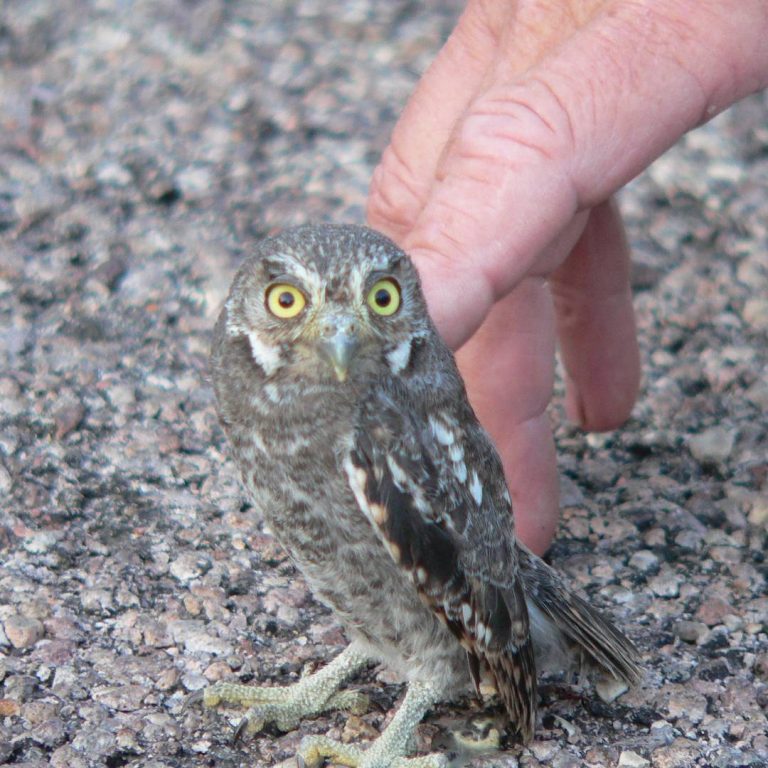
Image Credit: Jordan Crouch In southwest Texas and southern Arizona, elf owls can be found in forests and desert cactus habitats. In arid areas, they usually nest in woodpecker holes in tall saguaro cactus. Like other owls, elf owls are silent but dangerous. In fact, a rushing sound is frequently produced by airflow across the bird’s wings.

Image Credit: Nathan Smith Owl wings, on the other hand, have little extensions on the front edge and a fringe of feathers on the back edge that break up the airflow and reduce noise. Almost 80% of the residual noise is absorbed by soft feathers on the wings and legs. Until it’s too late, critters have no idea what’s coming. Throughout October, they depart from the United States for Mexico’s warmer latitudes, where insects are more plentiful in the winter.

Image Credit; Joshua Stewart Spring arrives early in the American Southwest, though, and the small owls return in late February or early March, anxious to begin their nesting season. After the spring, females lay one to four eggs, which hatch in three weeks.

Image Credit: James Tozer

At first, Dad brings food back for mom and the chicks, but after a few weeks, mum goes food foraging as well to feed the growing brood. Elf owls prefer to flee rather than fight, but they have been observed mobbing predators such as great-horned owls. A few elf owls dive-bomb the larger owl, emitting loud alarm calls, and more birds soon join in, sometimes of different species. If a predator approaches too closely, elf owls use a different tactic: they pretend to be dead until the threat has passed. The great horned owl’s chances of catching an elf owl meal have decreased once its cover has been damaged.





